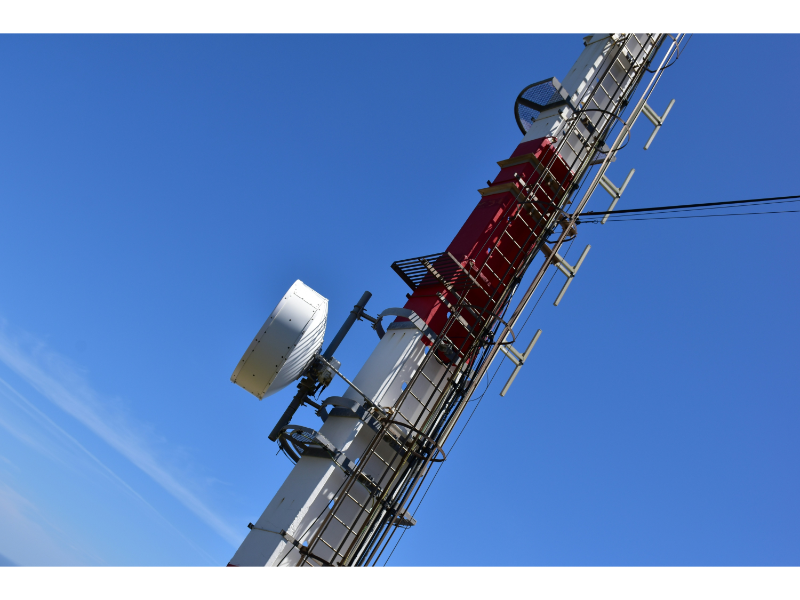- The US government is finalising $60M in subsidies for BAE Systems and Rocket Lab.
- BAE Systems will increase production of chips for military aircraft like the F-35 and satellites. While Rocket Lab’s funding will boost its production of space-grade solar cells, supporting US space programmes.
In a strategic move aimed at bolstering its defence and space capabilities, the US government is finalising nearly $60 million in subsidies for two prominent companies in the semiconductor sector: BAE Systems and Rocket Lab. These investments come under the Biden administration’s broader $52.7 billion “Chips and Science” programme, designed to revitalise domestic semiconductor production.
What happened
The US Commerce Department has confirmed $35.5 million in funding for BAE Systems to expand semiconductor chip production in New Hampshire. These chips are vital components used in the F-35 fighter jets and various commercial satellites. This initiative aims to accelerate the company’s modernisation timeline, with plans to significantly increase production capacity. The F-35 programme itself is set to be a long-term investment, with the Pentagon spending up to $1.7 trillion over the coming decades, including the acquisition of 2,500 fighter jets. These chips are crucial for both current and future generations of military aircraft like the F-15 and F-35.
Also read: Will Trump and Musk carve a new path for U.S. IT infrastructure?
Also read: Latos unveils plan for 40 new UK data centres by 2030
In addition, Rocket Lab, through its unit SolAero Technologies, will receive $23.9 million to enhance its production of space-grade solar cells. These advanced solar cells are essential for powering US space programs, including the James Webb Space Telescope and NASA’s Artemis lunar missions. The government-backed expansion is expected to increase the company’s solar cell output by 50% over the next three years. Rocket Lab, known for its expertise in radiation-resistant semiconductors, plays a key role in supplying critical technology for satellites and spacecraft.
Both companies will benefit from these investments, which aim to ensure the US remains competitive in the global semiconductor race, especially in sectors crucial to national security and space exploration.
Why this is important
The focus on semiconductor production is vital for several reasons. First, semiconductors are the backbone of advanced technologies used in defence, aerospace, and space exploration. As the global demand for these technologies grows, the US has recognised the need to bolster its domestic production capabilities to maintain its technological edge and reduce reliance on foreign suppliers, particularly in light of ongoing geopolitical tensions.
The expansion of semiconductor production by BAE Systems will not only benefit military applications like the F-35, which is expected to play a pivotal role in future defence strategies, but also contribute to the wider commercial satellite industry. These chips support a broad range of technologies, from national security systems to communications satellites.
For Rocket Lab, the investment in space-grade solar cells signals a commitment to the US’s ambitions in space exploration. These solar cells are essential for powering critical systems in spacecraft and satellites, directly supporting US space programmes, including NASA’s Artemis missions and its various Mars exploration efforts. As space exploration intensifies, ensuring a reliable supply of advanced semiconductors will be key to maintaining the functionality and safety of these missions.
With the government pushing to complete as many deals as possible before the next administration, the finalisation of these subsidies marks an important step in securing the US’s position in the global semiconductor and space race. These investments signal a broader effort to drive innovation, create jobs, and enhance national security.

